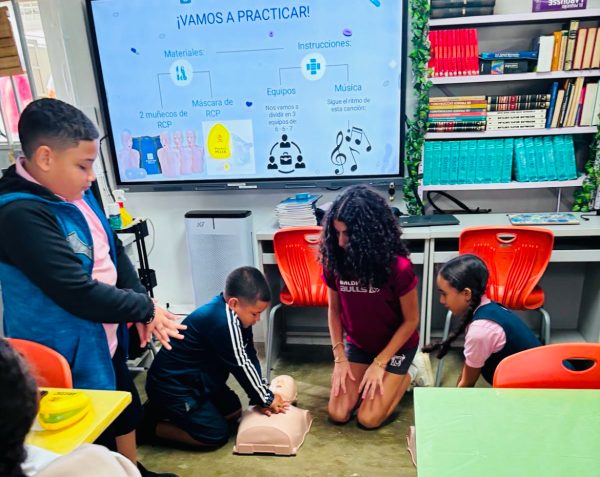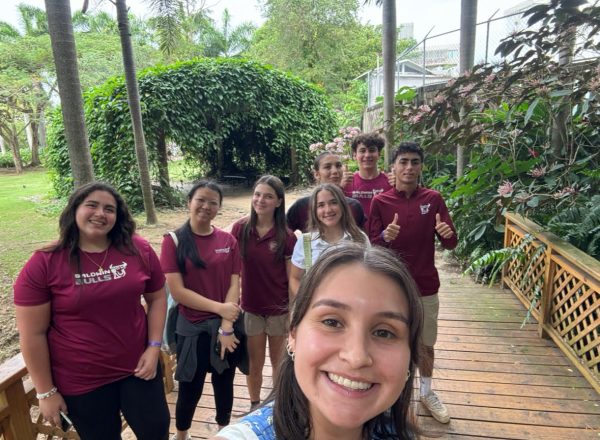Essential Guide to College Applications
Whether you’re a rising Senior, Junior, or a tenth grader who wants to get ahead, the college admissions process can seem extremely grueling and overwhelming. In all honesty, I’d be lying if I didn’t say that it wasn’t hard, but with strategic planning and organizing, it can certainly be done successfully. As a way of finishing off my senior year, I decided to write this “Essential Guide to College Applications”, complete with all of the tips and tricks that I learned throughout my time preparing to apply to college. I hope it can be as helpful to you as it would have been to me.
The College Guide:
Visiting Universities:
- Plan a College Road Trip! The ideal way to decide what college is the right fit for you is to actually be there. Plan your campus visit so you can take the Information Session and Campus Tour.
- Take notes with the pros and cons of each place, so you can later go back and remember what you liked and didn’t like from a particular school. This is really important because with time you’ll forget the details about each school and confuse what facts correspond with what school.
Making THE list:
-
- Don’t choose a school JUST because of a specific program, while it is extremely important to research your program of interest, remember that it is not the only aspect that you should look into, given that you might change career paths in your time there. Research the core requirements, the university centers, and the different studying abroad opportunities.
- Be careful with specialized schools. While they are great for a specific area of study, be sure that before committing to one, you are 100% certain on that field and that you don’t want to delve into any other disciplines. Research the structure of their curriculum because some do urge students to explore other areas of study, which might be of interest to you.
- Applying to a university takes TIME. Don’t add schools to your list “just because.” Make sure that they all have what you are looking for, given that a good application takes time and energy to make.
- Financial aid $! Sit down and talk to your parents about financial aid. Ask them how important it is for them and how it will affect your college decision. You have to research the way that different universities handle financial aid, since some award Merit scholarships, while others only offer Need-based aid. Some universities also offer scholarships that you can apply for!
- Deciding whether to do Early Decision or Early Action? Early Decision is binding, while Early Action is not. A significant advantage of these admission options is the luxury of knowing whether you have been admitted to college by December. In terms of Early Decision, you have to be 100% devoted to the university and it can be very advantageous since it could drastically increase your chances of being admitted.
Standardized Testing:
- Take classes at Baldwin School with Topscore! You can register for classes and learn different tricks that will help you do better on the SAT.
- PRACTICE! PRACTICE! PRACTICE! Do as many tests as you can. Use the College Board’s: “The Official SAT Study Guide”. Also, remember that there are other books for specific sections of the test, like “The College Panda” by Nielson Phu, which is a great resource for the math sections.
- Use online resources, such as Khan Academy and Prep Scholar that offer a myriad of resources for students, such as practice tests and skill-specific guides.
- Take the ACT! Even though most people focus on the SAT, there are many people who do better on the ACT. Don’t forget to take it and see which test suits you better.
- When preparing for Subject Tests, ask your college counselor to see which ones you should take, since it depends on what classes you are taking and what you want to study. Remember that these tests require hours of preparation and studying, so ask the college counselor to see how important they are for the schools you are applying to since some don’t ask for them, while others require them.
- Study in the summer! If you are taking an SAT in your senior year, use your summer to study and do as many practice tests as you can. The more tests you see, the better because you’ll be more familiarized with the exam.
College Essay and Supplements:
- Work on your College Essay in the summer! This essay requires you to brainstorm and decide what aspects of yourself you want to share with every single university. A lot of students write two or three essays before they write the one they like best. This all takes time, so it is better to use your summer to go through this creative process, instead of having to do it when senior year starts and your workload increases.
- Recycle essays! A lot of the prompts for the supplements are extremely similar, so use parts of previous essays in order to save time and be effective. It is better to write a few well-made essays that can be altered and sent to many universities, than writing many quick and meaningless essays.
- Why ____ University? Many universities ask “Why them?”. That is your time to show these universities the depth of your research. In these essays, mention specific programs you like! Make sure to be as SPECIFIC as you can, so that each university feels that you are 100% sure as to why you should go there.
- Use any opportunity you can to tell universities more about you! Even if it is the “Why _____ University?” essay, use the opportunity to connect your personal needs to how the university can successfully meet them. Use anecdotes! Don’t forget everything you have learned in your English classes about literary devices! These all help to make you a better storyteller and they communicate to universities your preparedness to be a college-level writer.
- Peer review. There are a lot of students who ask their friends to help edit their supplements. It can be a great editing technique, just make sure that you trust the person and that they have your best interest at heart.
Personal advice:
-
- Make pros and cons lists to know what you like and don’t like about your universities before you receive your decisions. This way you won’t be biased regarding the ones that have accepted you and you’ll be able to facilitate the decision-making process that will come later on.
- Try to rank your universities! Everyone always talks about how hard it is to apply to college, but few people mention how difficult it is to decide where to go. Try to be as certain as you can be by making a comprehensive analysis and ranking.
- Feel free to be as private as you want! This process can be really stressful when you listen to others talk about their SAT scores and GPAs. It’s ok to not want to share personal information about your college process and to leave all of the details to yourself. It might help you feel more relaxed and in control in the midst of the turmoil that is college applications.
Enjoy this process! Even though it is extremely tiring, it is a very exciting time because you have your whole future in your hands. Remember that you have been working for many years to accomplish these goals and that what you do during these next few months can launch you to the future you have always wanted. Work hard and diligently, but don’t forget to appreciate the wonderful opportunities that you have in front of you!
Your donation will support the student journalists of The Baldwin School of Puerto Rico. Your contribution will allow us to purchase equipment and cover our annual website hosting costs.





